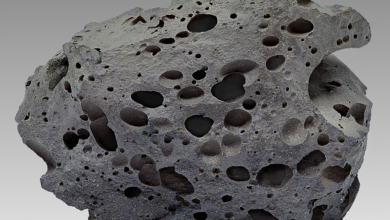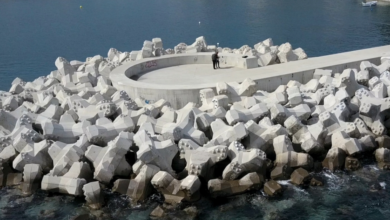Light Weight Concrete – Reduce structure weight

Light Weight Concrete is a good alternative for normal-weight concrete. It is widely used in areas like building industries, road construction, mining, landfilling, and tunnels.

Types of lightweight concrete :
No-Fines Concrete
It defines a lightweight concrete consisting of coarse aggregate, cement, and water without any fine aggregate. Earlier it introduced to the UK in the year 1923. This concrete mainly employs for the load-bearing, unload bearing wall and under floor-filling for solid ground floors. No-Fines Concrete is sensitive to the water composition.
Advertisement
Light Weight Aggregate Concrete
Lightweight aggregate concrete is a natural aggregate like pumice, scoria and all of those which are the volcanic origin. It uses to accept the blocks by the UK in the year 1950. The main characteristics of this lightweight aggregate are its high porosity which results in low specific gravity.
Aerated Concrete
It has been inert granular material like sand, gravel, crushed stone, along with the water and Portland cement, which were necessary for concrete. It utilizes the little strength which requires like in screeds and pipe lagging.

The advantages of lightweight concrete are:
Lessen the dead load of the building.
Improves workability.
More durable.
Reduces the cost of carrying and pick up.
Low thermal conductivity.
The disadvantages of lightweight concrete are:
Sensitive to water.
Shows poor resistance and porous.
Difficult to place and finish.
Mixing time is longer.




